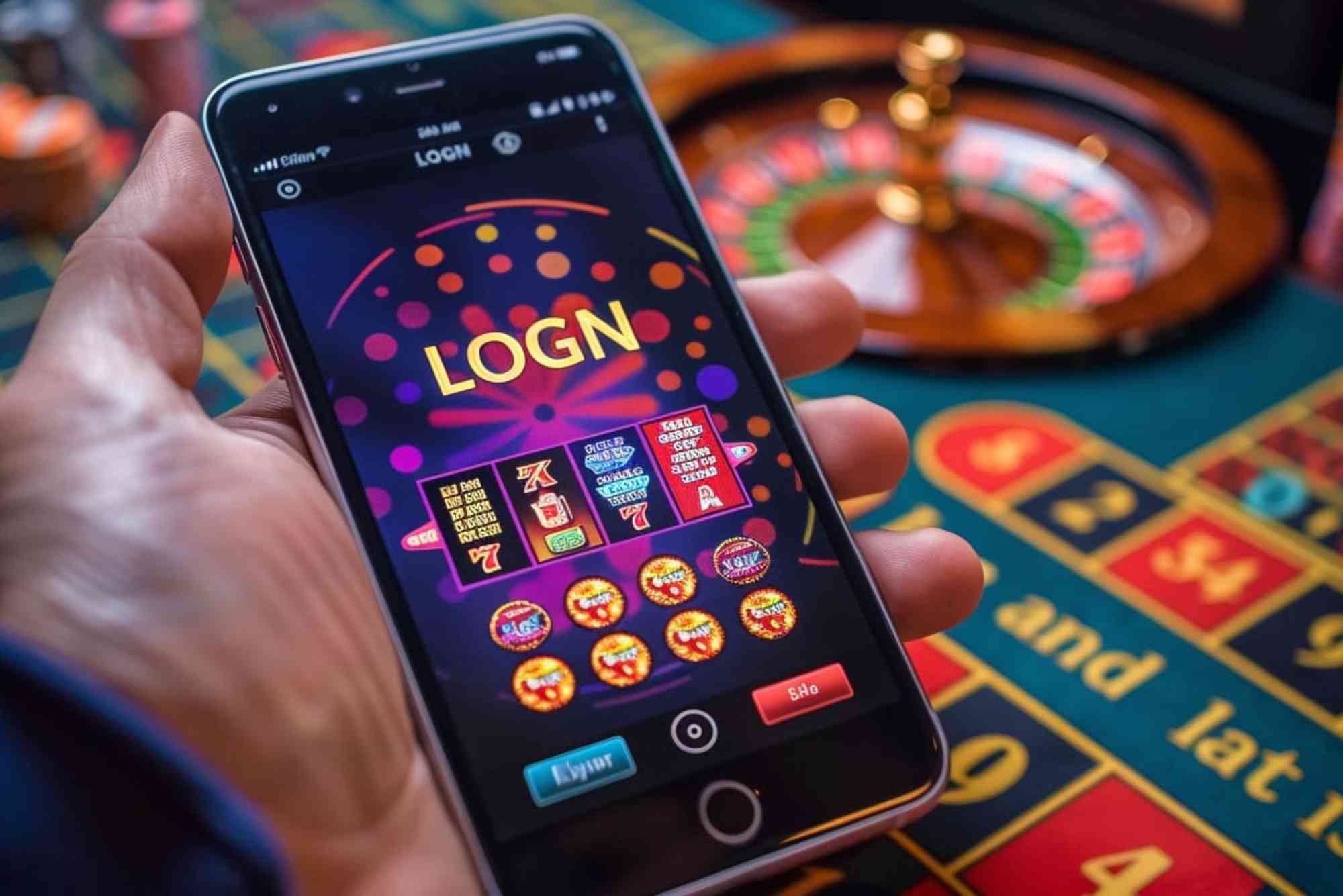Casinos have long been masters of psychology, blending entertainment with subtle strategies that nudge players toward bigger bets. If you’ve ever walked through the buzzing floor of a land-based casino or spent time at an online one, you’ll know how effortlessly the environment makes you feel both relaxed and excited at the same time. But beneath the glamour lies a carefully constructed system designed to encourage players to raise their stakes. Understanding these strategies doesn’t just satisfy curiosity—it empowers players to make more informed decisions when they gamble.
The Role of Atmosphere and Design
From the moment you step inside a casino, everything from the lighting to the music is engineered to influence your state of mind. Low lighting with warm hues, constant background noise, and the absence of clocks or windows create a timeless environment where players lose track of how long they’ve been gambling. Comfortable seating and easy access to drinks make players more likely to linger at tables or slot machines.
Even the physical layout of games is intentional. Higher-stakes tables are often placed in more secluded, luxurious areas, giving them an exclusive feel. By presenting them as prestigious, casinos encourage ambitious players to test their limits and join in.
Loyalty Programs and Reward Systems
Casinos reward loyalty, and these systems are a key tool for encouraging higher stakes. Whether through points systems, tiered memberships, or VIP programs, players are incentivized to wager more to unlock better benefits. For example, moving from a standard membership to a VIP level might offer free hotel stays, exclusive event invitations, or higher cash-back rates.
Online casinos mirror this with bonuses like deposit matches, free spins, and tiered loyalty ladders. Once players see tangible benefits tied to higher spending, they often feel compelled to push their stakes higher in order to maximize rewards.
Subtle Use of Near-Misses and Variable Rewards
One of the most powerful psychological tools casinos use is the “near-miss” effect, especially in slot machines. When the reels stop just one symbol away from a jackpot, players feel they were “close” to winning, even though the outcome was random. This illusion of control and proximity to success encourages them to keep betting, often raising the stakes in hopes of securing the elusive win.
Similarly, variable reward schedules—where payouts occur unpredictably—are proven to keep people engaged longer than fixed schedules. This unpredictability pushes players to increase stakes, reasoning that a bigger bet will yield a more rewarding surprise when luck finally turns.
The Social Dimension of Higher Stakes
Casinos also thrive on social influence. In live settings, players at higher-stakes tables are often surrounded by spectators or other high-rollers. The prestige and visibility associated with betting big can trigger competitiveness and a desire to belong to the “elite” circle of gamblers.
Online casinos replicate this dynamic through leaderboards, live dealer chats, and publicized big wins. When players see others wagering high and reaping rewards, they are more inclined to raise their own stakes to achieve similar recognition.
Bonuses That Scale with Deposits
One of the most direct methods of encouraging higher stakes is through scaling bonuses. A casino might offer a 50% bonus for deposits up to $100, but a 100% bonus for deposits of $500 or more. By linking better deals to larger financial commitments, casinos push players to put more on the line, knowing that higher initial stakes will set the tone for subsequent betting.
It’s worth noting that some casinos also emphasize their withdrawal speed as part of the appeal. Many players today actively search for Fastest Payout Casino Sites because the quicker access to winnings builds trust. If players know they can cash out efficiently, they may feel more comfortable wagering higher amounts in the first place.
The Illusion of “House Money”
Casinos also exploit a concept known as the “house money effect.” When players win, they often perceive their winnings as less valuable than their original money. In practice, this leads to riskier decisions and higher stakes. By offering bonus credits, free chips, or spins that simulate winnings, casinos encourage players to treat these resources as expendable, nudging them toward larger bets.
Online platforms frequently use this technique. After a win, a player might feel emboldened to raise the stakes in pursuit of an even bigger payoff, rationalizing that it’s not “their money” they’re losing.
Personalized Marketing and Targeted Offers
Modern casinos—especially online operators—leverage data analytics to understand individual player habits. This enables them to craft personalized offers that push players toward higher-stake play. If someone frequently bets mid-level amounts, they may receive targeted bonuses that reward slightly higher wagers.
Emails, notifications, and in-game prompts reinforce this personalization. By making players feel seen and valued, casinos create a sense of exclusivity that subtly motivates them to raise their average stakes.
The Psychology of Progression
Progression-based mechanics are another powerful motivator. Whether it’s leveling up in a slot game, completing challenges, or unlocking new rooms in a live dealer environment, progression fosters a sense of achievement. Players often increase their bets to accelerate progress, especially when higher stakes unlock bigger rewards or faster advancement.
This taps into the same psychology used in video games, where players grind for progress. The difference is that in casinos, the stakes are real money.
Why Awareness Matters
Knowing how casinos encourage higher stakes doesn’t make gambling less enjoyable—it makes it safer. Recognizing these tactics allows players to set limits, resist impulsive betting, and prioritize entertainment over financial risk. Responsible gaming tools such as deposit limits, time reminders, and self-exclusion options are invaluable for maintaining balance.
Casinos will always design their environments to maximize profits, but informed players can enjoy the thrill of the game without falling into the trap of chasing bigger and bigger stakes. The goal should be enjoyment, not escalation.
Final Thoughts
Casinos, whether physical or online, operate on carefully designed principles of psychology and behavior. Through atmosphere, rewards, near-misses, social cues, scaling bonuses, and personalized offers, they encourage players to raise their stakes. While these tactics are undeniably effective, awareness empowers players to recognize the nudges and decide for themselves how much they want to bet.
The thrill of the game should always remain fun, not financially overwhelming. By understanding the mechanics at play, you can approach both traditional and online casinos with confidence and responsibility.



